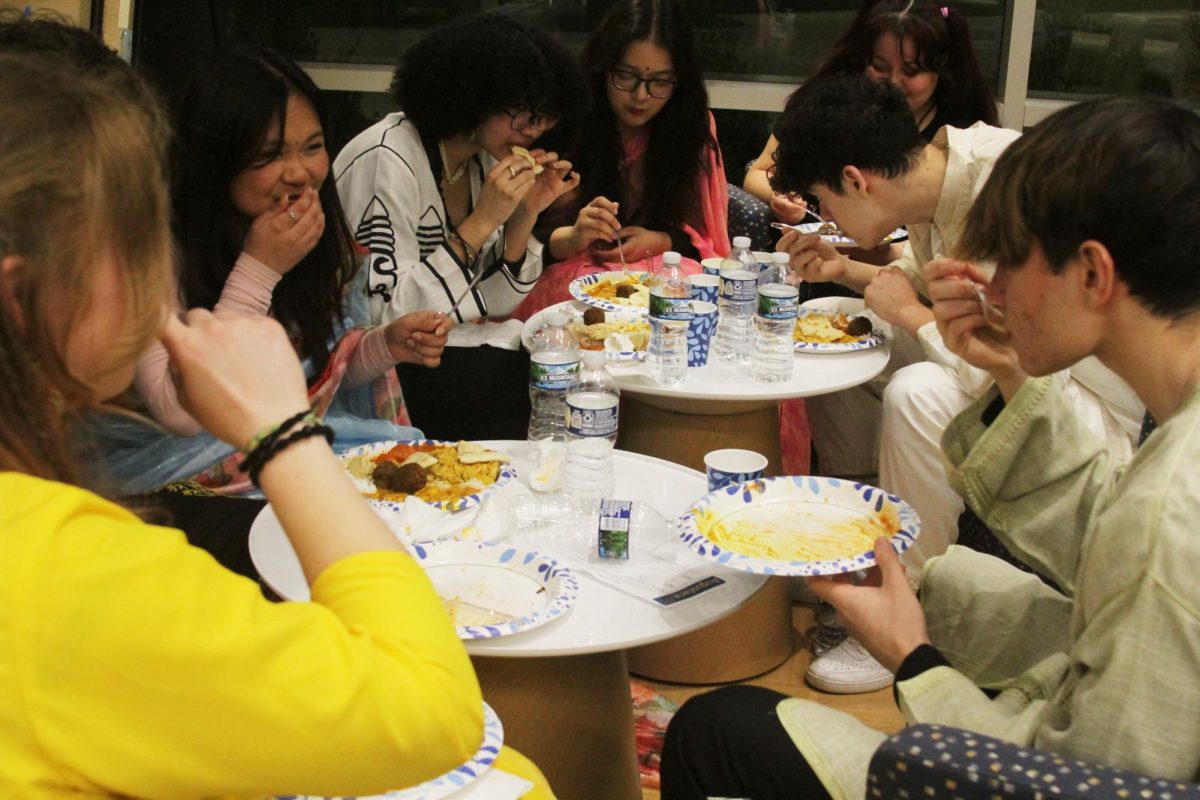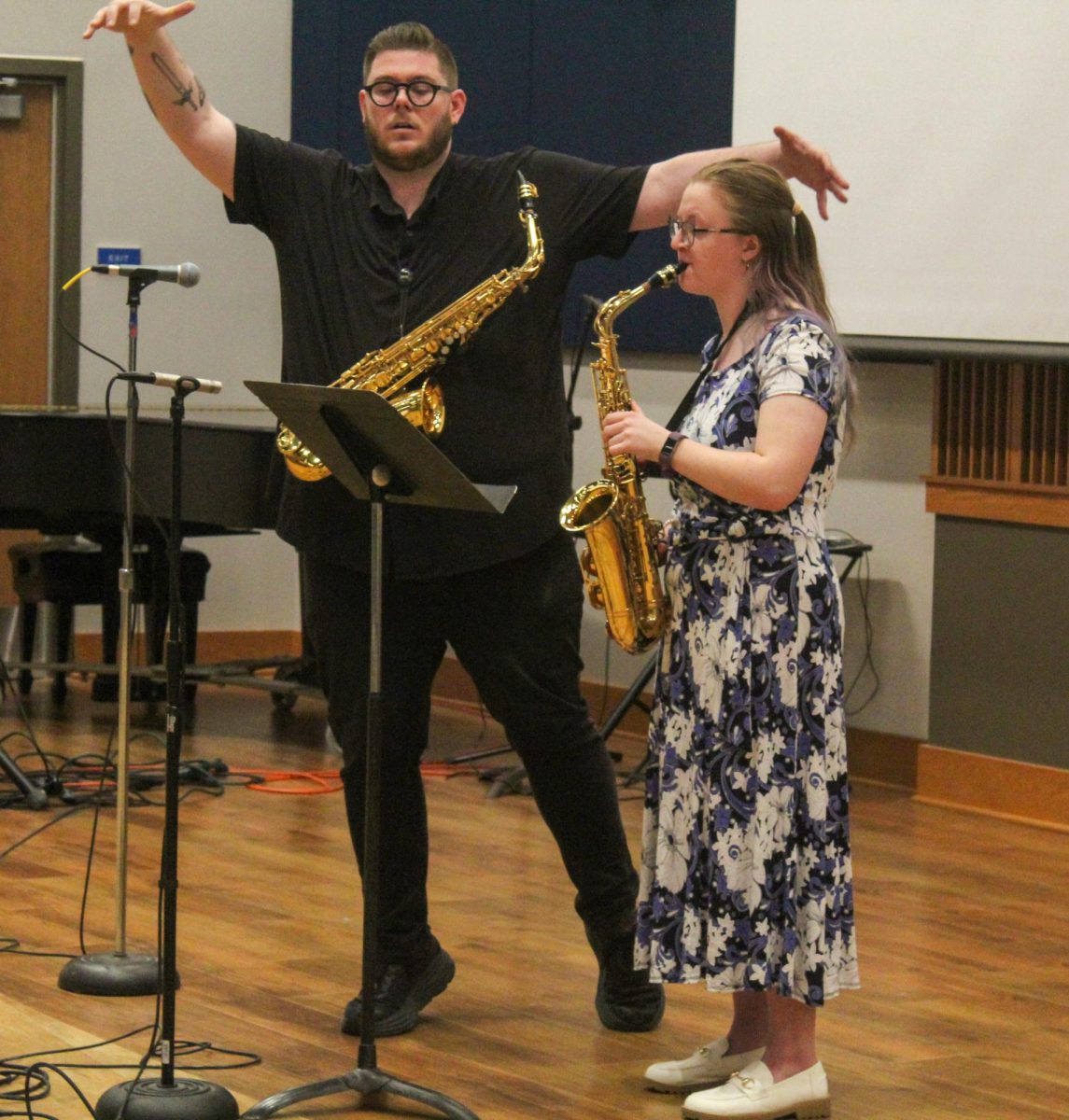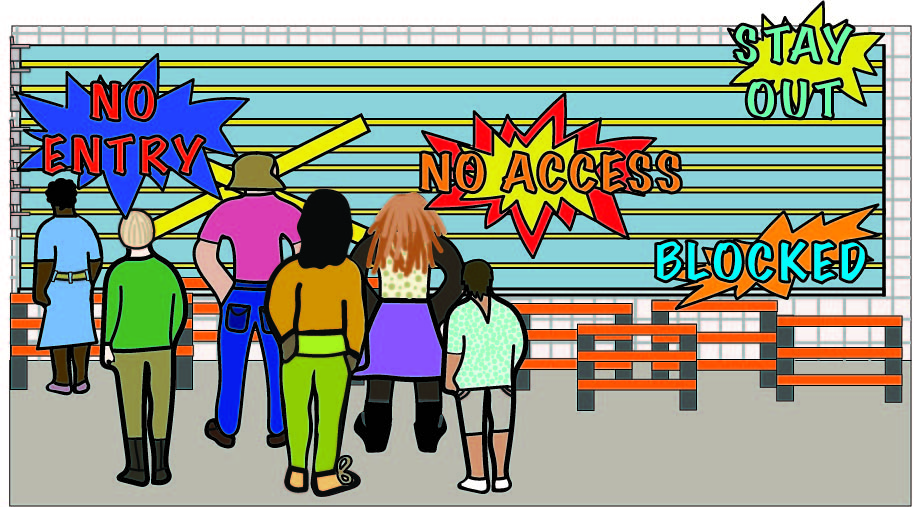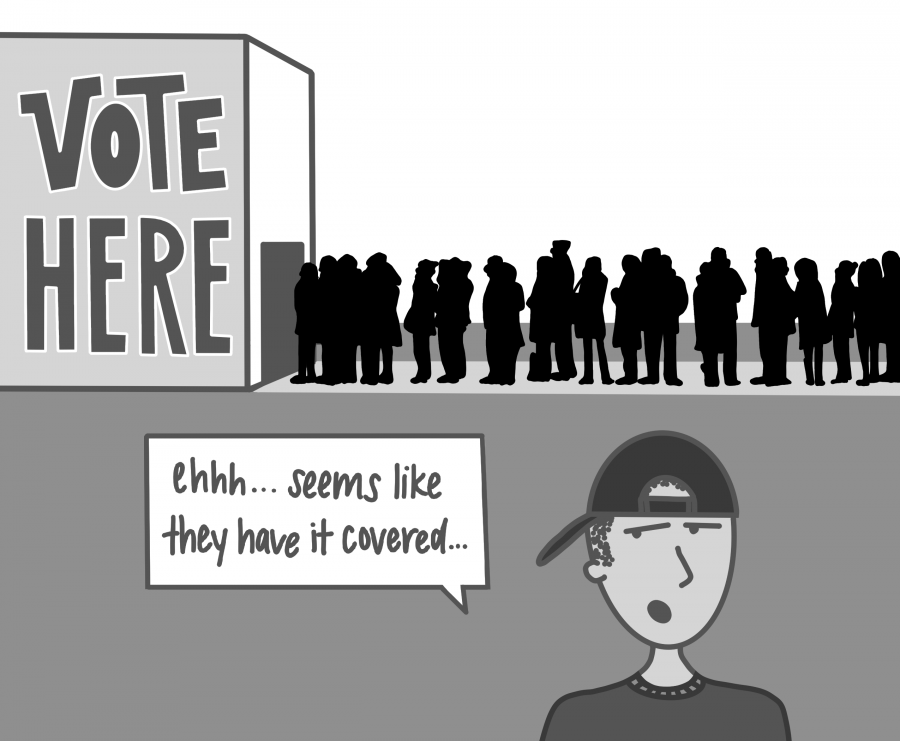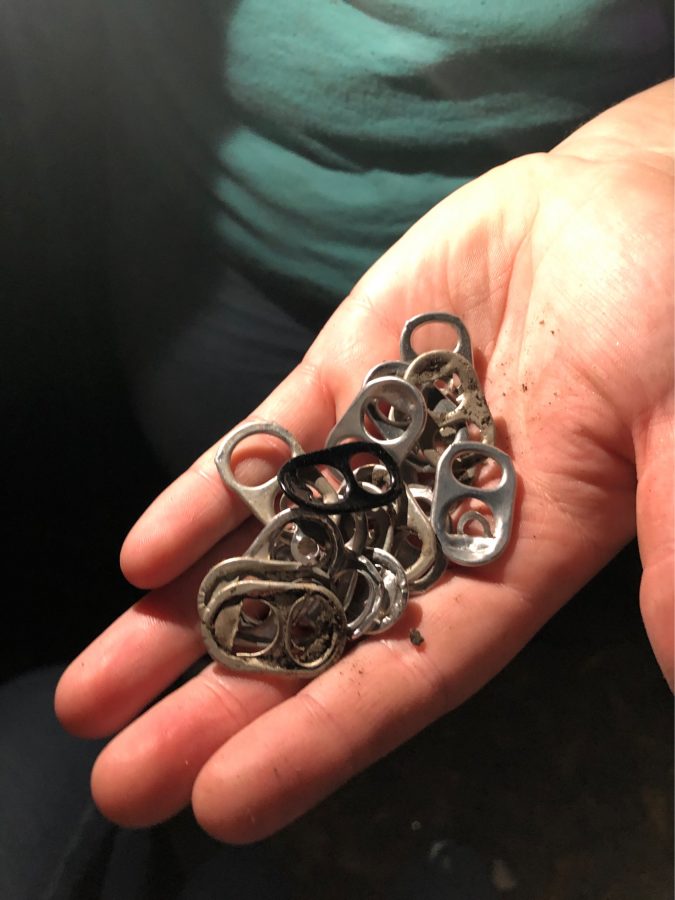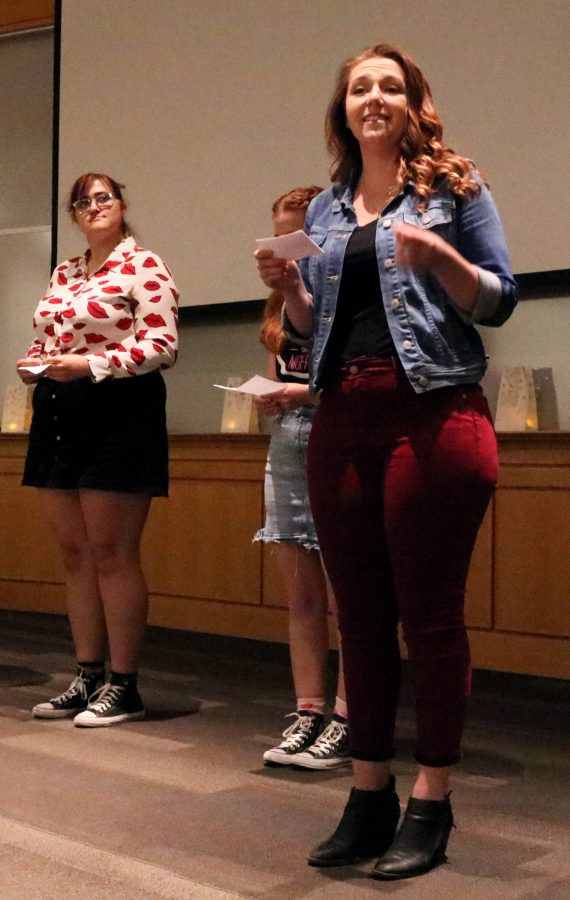If there is one thing that the pandemic has made clear, it is that all work has value. At the same time as restaurant and healthcare workers were declared to be essential, women were also moving into a familiar essential role: it is time to pay mothers for the absolutely essential work that they do.
Our college sent us home back in March 2020. Around that time, primary and secondary schools across the country were also sending their students home. Childcare facilities were also closing down. The country collectively realized how fragile our system is. Someone had to stay at home to get the kids through virtual school, and the vast majority of the caregivers were women.
We know that women provide the majority of child care in this country and around the world. The pandemic only deepened that divide.
U.S. Bureau of Labor statistics show that from January 2020 through September 2020, Labor Force participation among men with children fell by less than two percent. Among women with children, the decrease was over three percent. The disparity grew most from August to September, the months when children were going back to school. Women with children left the workforce rapidly during those months, while the percentage of men with children declined during the same period.
While there are now more men than ever providing childcare, the majority of care is still done by women. Furthermore, of single-parent households, there are five times the amount of single-mother households than single-father households.
Unlike previous recessions, the industries hit the hardest by the pandemic were ones that are made up predominantly by women. These industries pay less than industries dominated by men, and their collapse has had the greatest impact on women of color.
This is the problem. Traditionally, taking care of children has been classified as women’s work ― a problematic term for myriad reasons. Society has, for too long, been permitted to devalue any work done by women.
As Silvia Federici documents in “Caliban and the Witch,” women were locked out of wage labor during the rise of capitalism. They were then tasked with unpaid domestic labor, what she calls ‘reproductive labor. With no paycheck of their own, women were unable to support themselves.
According to Oxfam, the monetary value of unpaid care work done by women around the world is valued at over $10.8 trillion.
A single mother who is either laid off or loses the safety net of paid child care during the pandemic should be paid for the care work that they provide. The child tax subsidy, part of the American Rescue Plan, is a start. The proposed American Family Act would make that benefit a permanent fixture of American society. Proponents estimate that the law could cut child poverty in half.
Support is also growing for the Marshall Plan for Moms, a comprehensive plan that aims to compensate women for their currently unpaid labour. Among the proposed measures is paid family leave, affordable childcare, and poverty reduction tools like the child tax credit and earned income tax credit.
What we really need to figure out is how to properly value all the labor that is being done in the country. Care work should be compensated. Consider this as reparations for the centuries that society has been allowed to exploit women’s labor.
Read more: New Zealand’s new law which aims to provide equal pay for work of equal value (New York Times)
All work has value
April 16, 2021
Leave a Comment
More to Discover














